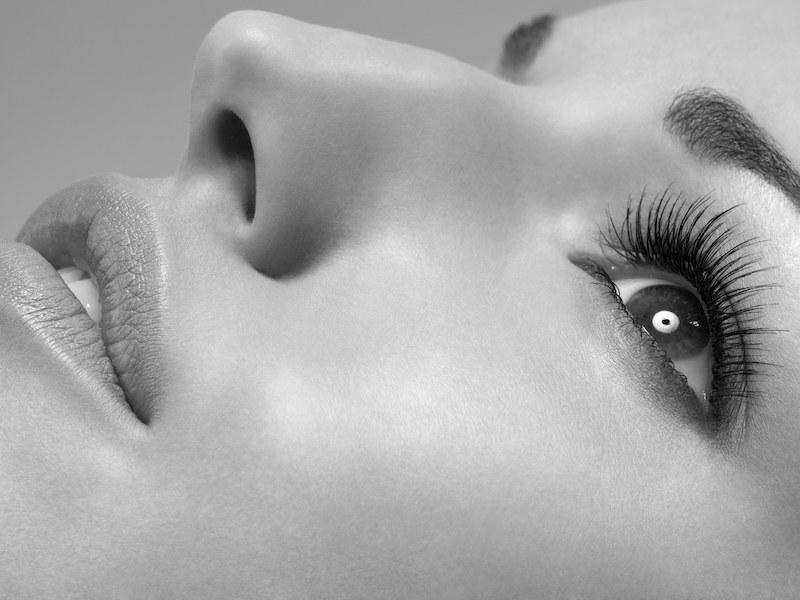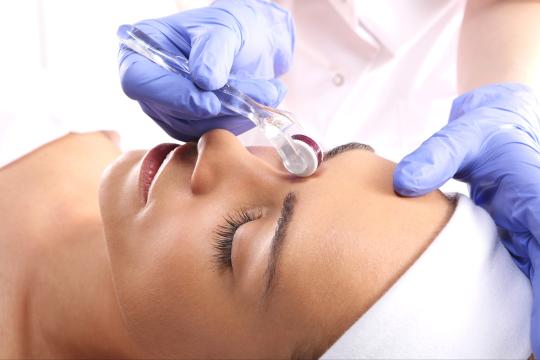
We hope you’re the commitment type, because deciding to have rhinoplasty (or any cosmetic procedure, for that matter) requires a heck of a lot of it. You’ll need to commit to choosing the right board-certified plastic surgeon, commit to researching and understanding your procedure, and commit to your desired outcome… you know… a reshaped nose. And before you fluff off all that commitment with an off-handed “Yeah… yeah… reach decision, right surgeon, reshaped nose… got it.” There’s another ‘r’ word you’ll need to commit too as well. That word is ‘recovery’.
Your recovery from rhinoplasty is going to be playing a major role in the success of your surgery, and guess who’s been cast in the starring role? You.
Before you get all stage-frighty, you should know all surgical procedures require that the patient play their part in order to achieve a successful outcome. And while there is no definitive script, your doctor will give you a detailed list of things to do and not do. Your part is to do those things without fail. We did mention commitment, did we not?
Let’s start you out on the right foot with a general list of do’s and don’ts after rhinoplasty recovery courtesy board-certified plastic surgeon, Dr. Robert Tornambe.
Do’s:
Do give yourself a good cushion of time away from work or school to recover. A good gage as to when you can get back to your day to day will be how well you’re healing and how strenuous your job is. You should be able to return to normal activities within 3 weeks.
Do keep your head elevated as much as possible after surgery—this means sleeping with 2 pillows at night. The elevation of your head will help bring down the aforementioned swelling. You’ll appreciate that.
Do take any pain medication and antihistamine as needed, but try to switch from pain meds to Tylenol as soon as possible. And if you enjoy your ‘private’ bathroom time, you’ll want to wean yourself off of pain meds asap, as they can cause constipation.
Your surgeon will give you a list of pre- and post-operative instructions. Take it. Read it. Live it. These instructions are essentially your roadmap to a successful recovery—and there are no shortcuts.
Your surgeon’s directive to stop taking aspirin, Advil or other similar medication for at least two weeks before and after surgery is not a suggestion. Discontinuing use of these medications or any medication that can thin the blood is imperative if you want to avoid bleeding excessively during surgery. Don't make your surgeon’s job harder than it needs to be.
If you’re exasperated reading this post, use it as rehearsal for your recovery. You’ll be asked to take a lot of deep (exasperated) breaths right after surgery, along with wiggling your toes occasionally in bed and walking around a bit. All of these actions will help keep your circulation going and prevent blood clots. And trust us, you do not want blood clots. NOTE: I’ve taken a bold creative license with the word “exasperated” and it will NOT be a part of your surgeon’s instructions.
Don’ts:
This might seem redundant as you’ve undoubtedly agreed to avoid heavy exercise for at least 3 weeks post-op, right? But let’s hit it again. Avoid heavy exercise. Don’t lift heavy objects, don’t even over exert yourself with activities like heavy housework. Any activity that has the word ‘heavy’ attached to it—don’t. “But those floor to ceiling windows aren’t going to clean themselves,” you say. No, they’re not. Thus the smudges will be waiting for you once you’ve healed.
Don’t put anything smaller than an elbow in your nose. “But my elbow won’t even fit in my nose,” you say. No. It will not. Translation: do not put anything in your nose. A salt water nasal spray can help prevent crusting after surgery that might tempt you to pick your nose.
Don't blow your nose or sneeze for a couple of weeks. What?! Yes, if you can avoid sneezing or blowing your horn, do it. If you have to sneeze, expel the sneeze through your mouth, not your nose.
Don't be impatient. We mentioned commitment, did we not? A successful rhinoplasty surgery is a process and—with a little perseverance—you’ll continue to look and feel better as time goes on.
Avoid crowds and friends, like myself, who flail their hands about while they’re speaking. An inadvertent bump to the nose is going to hurt like hell, and in the worst cases can move the nasal bone out of place and/or require corrective surgery. Gesticulation will be your mortal enemy for the next few weeks.
All of this will help you avoid complications, like post-operative bleeding—which is the primary concern post-surgery and can occur within days of surgery and as late as 2 or 3 weeks after surgery. Regardless of how well you think you’re healing, you’re not out of the woods until your doctor says you’re out of the woods. So behave accordingly. Thank you.






